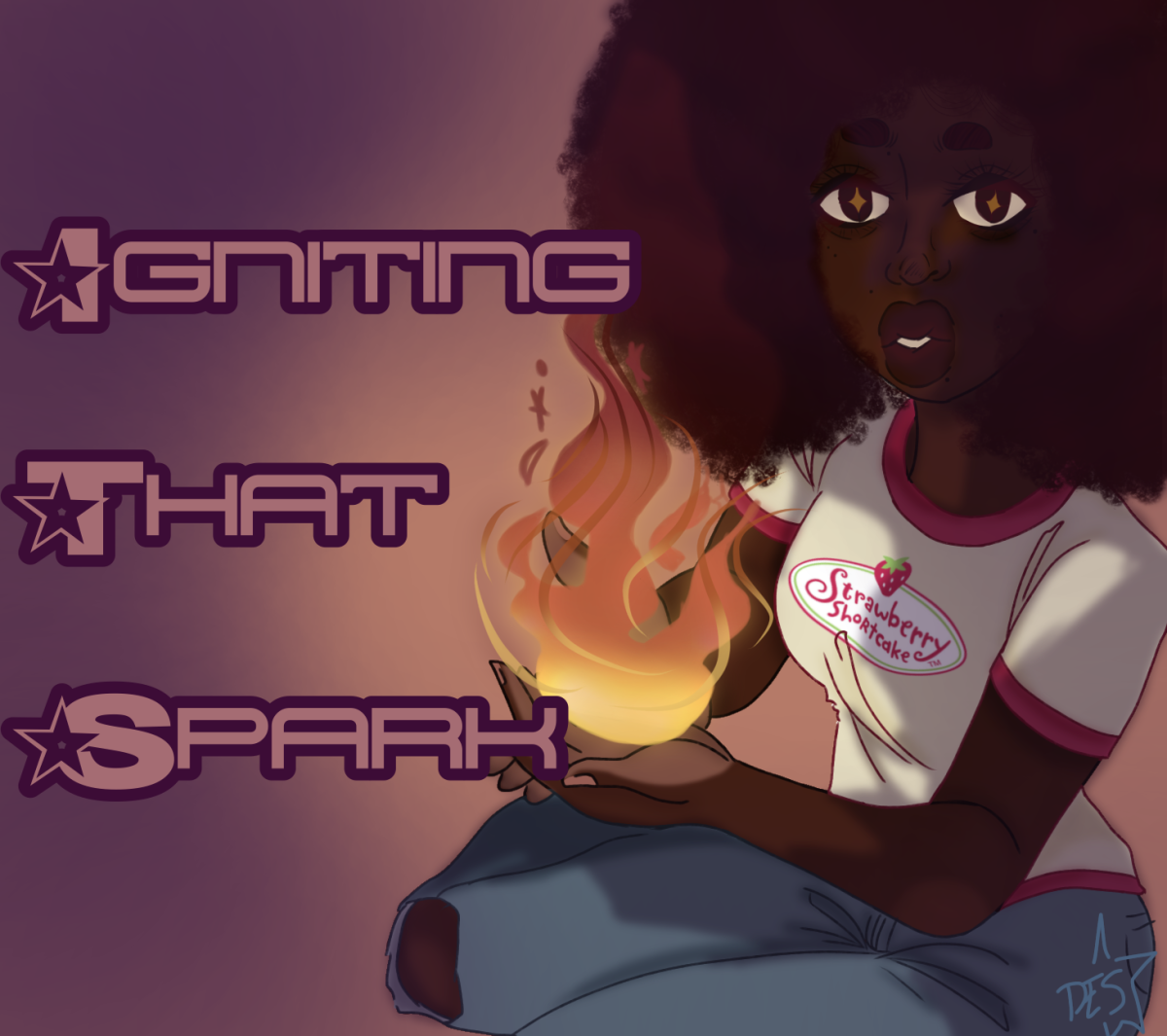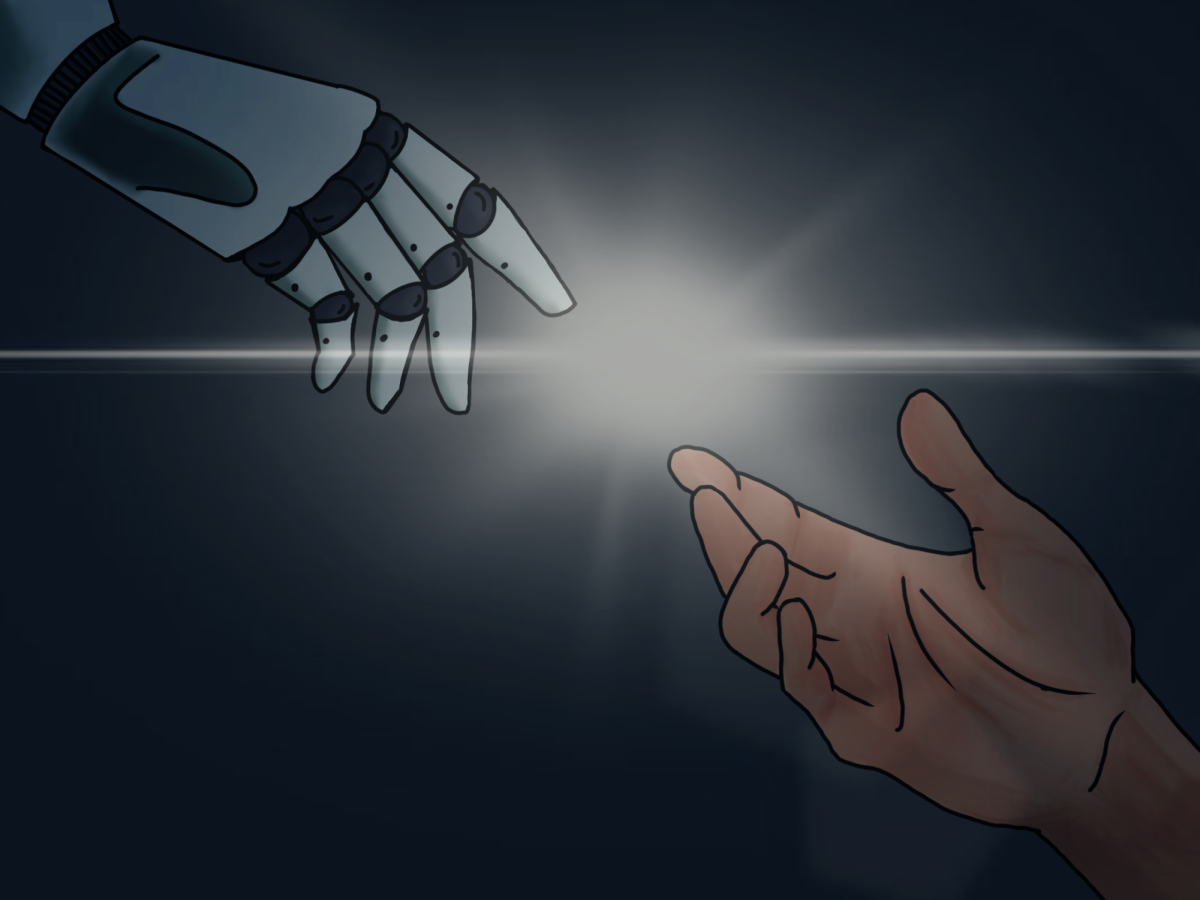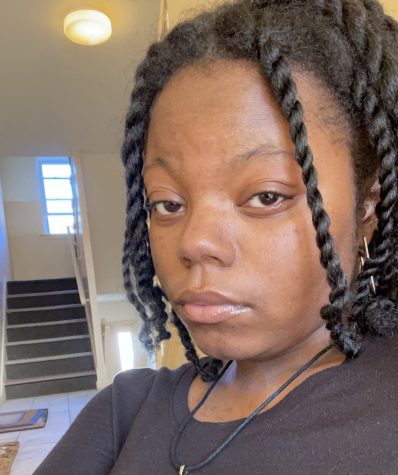For centuries, the concept of “making a difference” has truly become a seemingly impossible goal set by society. Modernly, it is virtually the standard to do extracurriculars and possess talents, however the answer of how to use those abilities to set flames of change within society still is unclear. Today, we are given mentors, coaches, and educators to build passions, yet it is hard to find guidance on how to make a true difference. From runners that sprint amongst Usain Bolt’s unthinkable speeds, to novelists that type amongst the most profound literary works in the world, it seems nearly futile in a world with over 7 billion people to hold influence and inspire others. However, from analyzing the Edisons, Beethoven, and Washingtons of our time period we can learn how to surpass the standard and reach a point where our passions ignite change from humankind.
Jermaine J. Cole is one of the best examples of a person using their talent to raise the bar in their industry, changing the lives of all people who choose to indulge. Cole’s rapping talent, distinct but versatile sound, and passionate lyrics, attract listeners to him and his music. What sets Cole apart from many of his rapping counterparts is his ability to craft lessons from his memories. He brilliantly chooses specific issues that he has gone through to speak on real relatable issues in a way that inspires change from listeners. Arguably in Cole’s most notable albums, “Born Sinner” and “2014 Forest Hills Drive”, Cole takes a walk throughout his life from childhood to fame and back. These albums teach the listener themes that Cole learned throughout his life. Cole inspires his target audience to achieve greatness, making him stand out as one of the most prominent rappers of all time.
In “2014 Forest Hills Drive”, J.Cole raps about the pressures that he felt to look cool in relationships. His use of first person point of view allows the listener to relate deeply into the pressure of ‘looking cool’ and the dishonesty that stems from it. He goes into detail about his first girlfriend, and lies to her about having experience with intimate relations before her. Instead of just stopping at the reliability of the entire situation, Cole takes it one step further by finishing up the song with his girlfriend admitting back to him that she had been dishonest about her experience too. In the last chorus, the beat slows down and a long outro is provided for the listener to reflect. The entire song, Cole was trying to look ‘cool’ for his girlfriend, in reality, if he had just been transparent with her from the start, they both would have been able to figure out their situation together. By initially using the first ¾ of the song to relate the listener to himself, Cole is vicariously placing the listener in his position. Through this, Cole allows the reader to derive the lesson that he learned from his experiences, without actually going through them. Although J. Cole never directly states, “be honest in relationships”, he implies this lesson using a common literary “show don’t tell” strategy.
In his earlier album “Born Sinner”, Cole writes a song about his crooked teeth titled, “Crooked Smile”. Cole begins the song detailing how he spent his life with malformed teeth and now that he is wealthy, people ask him to fix it; instead he chooses not to in order to represent people who have similar teeth. J.Cole does not stop there, instead he chooses to make a difference with his experience by using it as a metaphor to represent women. He speaks out against the insecurities that women feel and the pressure to conform to societal standards. Cole draws a parallel between the way people ask him to change his crooked smile and how people ask women to change their appearance. He takes the message even further by using the same metaphor to talk about the state of the world. He raps, “Look at the nation/ that’s a crooked smile braces couldn’t even straighten.”. He goes on to list issues inside America such as racism, smoking addiction, insecurities built from social media, and violence in urban communities. Through this J.Cole was able to craft Crooked Smile, one of his most extraordinary songs on Born Sinner.
Furthermore, literary techniques that J.Cole implements are important in how he conveys his stories. He uses similes, metaphors, allusion, personification, and more to ignite sparks within a listener. Simple concepts like figurative language that is studied in the classroom can be used as a tool to make a difference in others. Even J. Cole details that the things learned from classes in school hold significance in our lives and can dictate our abilities to make change. In one of his songs, “03 Adolescence” on “2014 Forest Hills Drive”, J.cole promises to use his schooling for the betterment of society. He raps to his mother, “You made a genius and I ain’t gon’ take it for granted”, reminding his listeners to not take their education for granted. J.cole utilises his ‘genius’ that was fostered in the classroom in his songs to connect the reader to his messages further.
Other modern day Beethovens also have shown signs of having this same spark. Kendrick Lamar with his album “good kid M.A.A.d City” utilizes voicemails integrated in his songs to tell his story growing up in native compton, teaching the listener lessons along the way. Ke Huy Quan used his time when accepting a grammy award for best supporting actress to inspire young Asian-American people to keep chasing their dreams. Elizabeth Acevedo was able to take the lives of millions of afro-latina girls, and give them representation in poetry. It is possible to take a common story of struggle and life and morph it into something that can burn into people.
Society can all take from these people, and take our passions one step further. We can use our talents to represent, change, and make a difference in our peers. Talking about real things, gets people to connect. Talents can be more than something that you are good at, they can be the match in somebody’s fire.
.







































